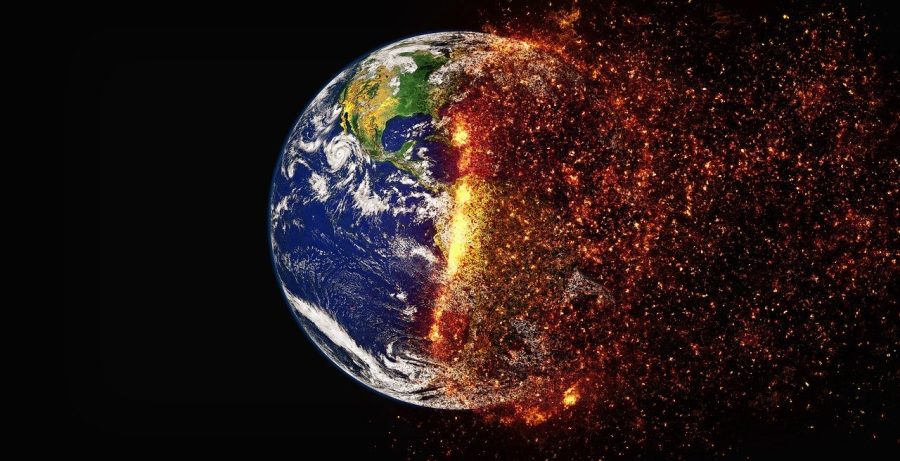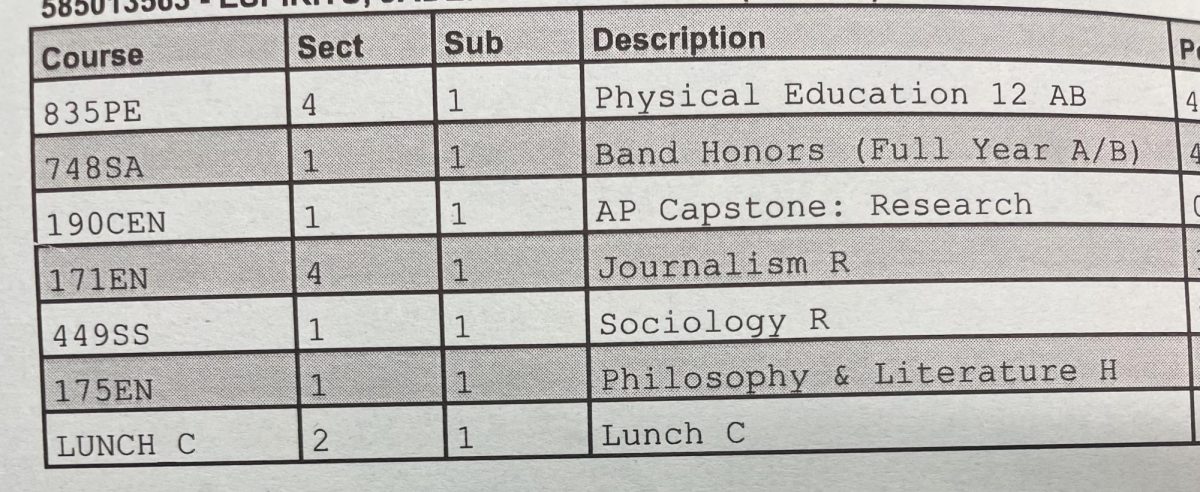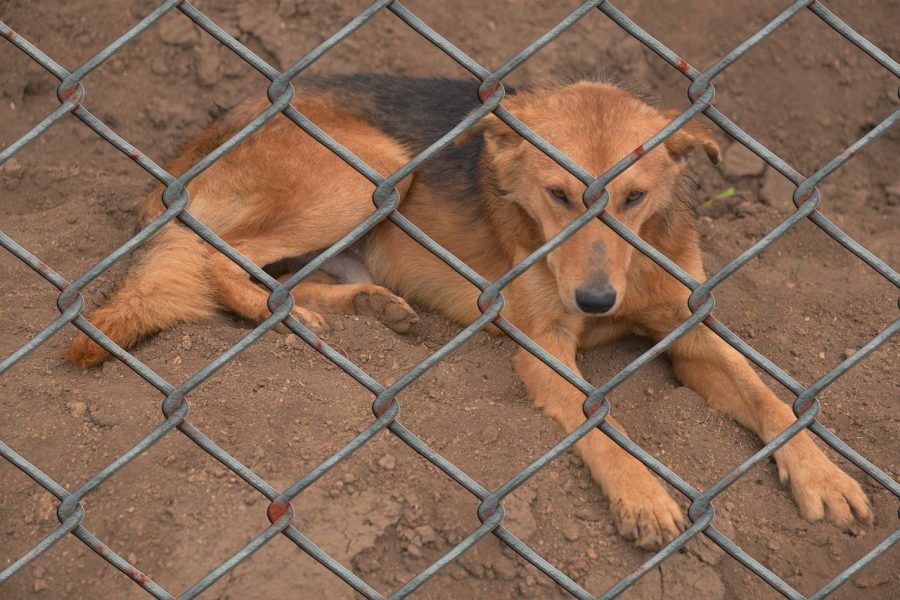Climate change is one of the biggest issues we are facing on Earth. Scientists have given us warnings about what the effects of our actions will do to the planet, yet they have been met with barely any regard or care. Some people even try to say climate change altogether is fake; however, climate change cannot be ignored or denied any longer.
2021 was the year where the climate crisis reached new extremes. It showed us a small preview of the direction our planet is heading if we don’t take action to stop it. To put it in perspective just how severe things are becoming, here are just eight of the many climate disasters that occurred in 2021.
Drought in Turkey
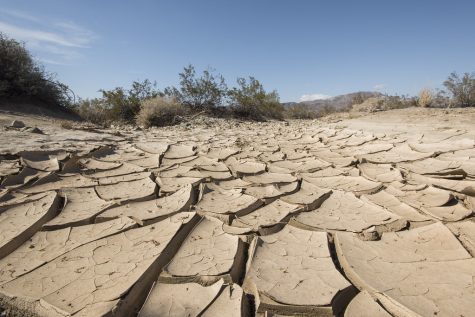
In the beginning of 2021, Turkey experienced its most severe drought ever. This left several water reservoirs around Istanbul to be extremely low on water supply. It was the lowest it had been in 15 years. Their average rainfall across the country was 48 percent less than its average between 1981 to 2010.
The lack of rainfall caused a lack of groundwater, which affected the citizens’ crops and water supply. There were high water demands; therefore, the lack of rain put Istanbul at risk of running out of water.
However, it’s not just Turkey that is being affected this heavily by lack of rainfall. Later on in the year, the United Nations stated that the entire Mediterranean Basin will be affected the most by global warming. The Basin will become “progressively drier and drastically warmer at higher levels of global warming,” according to the UN.
Serbia’s polluted rivers
In January, Serbia’s lakes and rivers became filled with garbage due to the rising water levels and failing waste systems. Mostly occurring throughout the winter, the water swells and rises due to melting snow. Since landfills are near the riverbeds, the water sweeps into them. This ultimately causes the garbage to be pushed into dams, and eventually into the rivers and lakes. One river alone, the Lim river, had carried more than 20,000 cubic meters of plastic into the near lake Potpeko.
The landfills leak toxic materials into the river and lakes, which threaten ecosystems and wildlife. Climate change has contributed greatly to a change in precipitation and temperature patterns in Serbia, which further cause the snow to melt, and the water to swell.
Cyclone Eloise in Mozambique
In late January, Mozambique was hit with a cyclone that caused widespread flooding and damage throughout the country. More than 16,000 people lost their homes, 17,000 homes were damaged, and over a dozen people were killed across southeast Africa.
The cyclone’s intensity can be linked to global warming, as the increased rainfall and rising sea levels made the flooding worse. Mozambique is considered one of the most vulnerable countries to climate change.
Greece’s Forest Fires
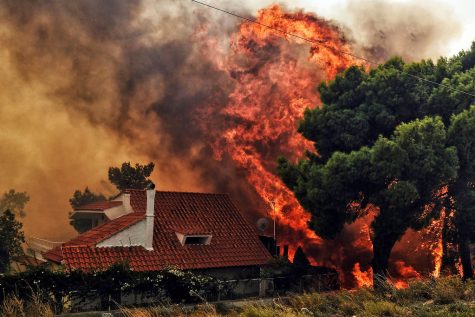
Although Greece has been fighting forest fires for a very long time now, some of its worst have occurred in the summer of 2021. They experienced 58 fires in total, which burned more than 424 square miles of land- five times more than their yearly average of land burned. To put things in perspective, their yearly average for fires is 46 fires per year. That means that they experienced twelve more fires in 2021 than they ever have.
The fires are directly linked to how hot and dry summers have become over the past couple of years. These conditions make the fires much more intense, and easily spreadable, which is harder to control and put out. The fires in Greece followed right after they experienced one of their worst heat waves- conditions they hadn’t seen since the 1980s.
Drought in Kenya
Starting in September, Kenya began facing one of the worst droughts it had ever experienced. Due to the lack of rainfall, this drought put 2.1 million Kenyan people at risk of starvation. The reason being that the drought was not only making it difficult to farm, but it was also killing off wildlife at a rapid rate.
Herders reported that they lost up to 70% of their livestock during the drought. This caused the herders and their families to not make the money they normally would from their crops and livestock. People in the more urban areas of Kenya were also affected as the prices for food rose due to the shortage of it.
Deadly flooding in Europe
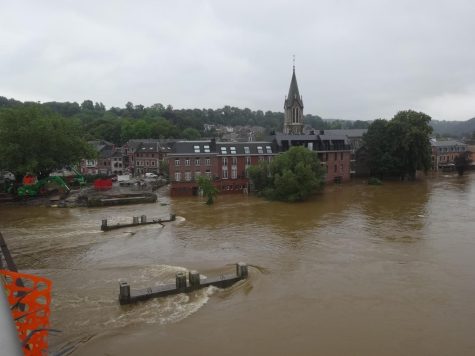
In July, deadly floods occurred throughout Germany and Belgium, killing 209 people in total. The floods also caused damage to parts of Luxembourg, Switzerland, and the Netherlands.
The floods occurred due to rainfall that was up to 15 centimeters. This caused the streams to overfill, which ultimately caused flooding. Scientists were baffled at how much damage could occur because of small streams. However, scientists say this isn’t the only time this will happen- Europe is likely to continue experiencing more and more flooding as time goes by, which could result in spending €48 billion per year by 2100.
Yamuna River Pollution
In November, the Yamuna River in Delhi, India, was covered in a white, toxic foam. It has become one of the most polluted rivers in the world, however, the recent occurrence of this white foam is a direct result of industrial waste and sewage. The river also provides more than half of New Delhi’s water, which poses a serious threat to its citizens.
The water deficit caused by climate change has led to more short-term, yet high-intensity rainstorms, which further lead to floods. These floods cause an accumulation of polluted runoff to go right into the Yamuna River. These increases in floods are also due to soil erosion, which will continue to increase as the river absorbs atmospheric carbon admissions and acidifies.
California Wildfires
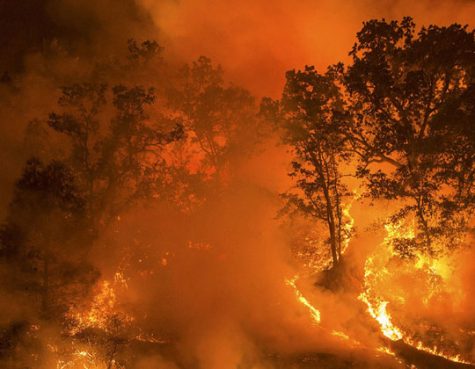
Throughout the entire year, but most prominently in July and August, California was also hit with extreme, unprecedented wildfires. In total, an estimated 2,568,948 acres of land were burned, 3,629 structures were destroyed, and three deaths happened as a result of the fires. The fires in July specifically burned three times as many acres of land than in 2020.
Droughts, extreme heat, and reduced snowpack are the main contributing factors to the severity of the fires. These conditions come as a direct result of global warming, with it being 88% responsible for atmospheric conditions that directly fuel wildfires.
How can we solve Climate Change?
After the horrific events that occurred in 2021, no one can deny or claim climate change isn’t real or happening right now. If no action is taken, we’ll cross the dangerous threshold for global warming possibly as early as 2027– that’s five years from now.
We as individuals also have the power to make a huge difference. There are so many actions we can take every day that may seem small but cumulatively make a huge difference. Some things we can do are:
- Use reusable water bottles
- Turn off lights and only use them when needed
- Walk or bike to nearby places instead of driving
- Plant trees and flowers
- Repurpose used items or packaging
- Compost food scraps and other organic matter to use as fertilizer for soil
- Use plastic alternatives (using beeswax wraps instead of plastic wraps)
- Turn off the faucet whenever you’re not directly using it
These are just a few of the many things we can do to help save the planet. Imagine if we all came together and started being more eco-friendly and truly caring about the Earth- we’d be giving future generations a chance at living on this planet.




